Blog / Military News
The Silver Linings Playbook About the Afghan War
Share this story
Share this story
I was twenty-one years old the first time I saw a dead body. And not just “I saw my grandmother in a casket” dead, but someone whose guts had been turned inside out like a bag of worms writhing on the floor. The body had fallen out of a blue Toyota Hilux and bullets had also caved in the man’s face. When I got home from Afghanistan several months later, I would stare at the photo of the dead enemy combatant on my computer when I couldn’t sleep.
Most of the photos from my time overseas varied in pedigree. Sometimes I’d be hugging children, posing for a photo op, or toilet-papering a Bradley Fighting Vehicle. Other times, it was the stuff of nightmares; bodies torn apart by explosions and bullets. The one picture I never captured that still lives in my mind rent free is that of a destroyed school.
The building had been decimated after an enormous explosion left it nothing more than rubble and a standing doorframe. These days, the memory of the odd doorframe reminds me of a gate to the upside-down from the hit TV series Stranger Things. In many ways, I suppose it is a gate to the upside-down. It transports me back to a moment I had no words for. Just.. confusion.
Having grown up in America, it’s natural to see young girls in the desks beside you while attending public elementary school. No one thinks twice about women receiving an education in most of the developed world, but Afghanistan was a totally different story.
Which brings us back to the photos.
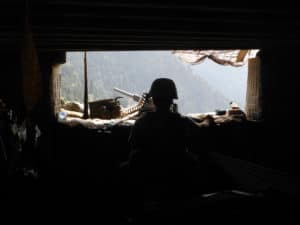
No one prepares a twenty-one-year-old to observe an Afghan father holding the remains of his daughter simply because she went to school, only to have the Taliban bomb it to the ground. Yet this is the very thing many soldiers, sailors, airmen, and marines faced when deployed to Afghanistan. Luckily, when the Taliban blew up the girl’s school we’d built, there were no casualties, but standing amid the rubble while white phosphorus burned the village nearby, I couldn’t help but feel this was exactly why I had been deployed to Afghanistan.
I spent 2003 to 2004 on a small forward operating base next to the Pakistani border. In the aftermath of the September 11, 2001 terrorist attacks, I felt my service mattered. Then I was off to Iraq during the Surge, while service members continued the fight for close to twenty years. When the Fall of Kabul happened in August 2021, most every veteran who fought, bled, or was stationed in Afghanistan during those twenty years felt like they got gut punched. We’d been told we were preserving democracy, helping the Afghans, ending drug smuggling, stabilizing a volatile country, protecting our families back home from future terrorist attacks, or maybe we were just slapping lipstick on the pig of war.
After twenty years in Afghanistan, many of us came home to wonder just what the hell we fought for?
Nowadays, people ask about my combat experience and whether Afghanistan was “worth it.” The question alone is multifaceted with several layers. I don’t think losing your friends on foreign soil is ever “worth it” in the long run as I’d rather have them home drinking a beer and growing old with me. But the modern veteran does themselves a disservice when we write off Afghanistan as a total loss.
When American forces ousted the Taliban from power in the initial invasion of Afghanistan, one of the first things we did was give little girls the opportunity to receive an education previously unavailable to them. In my experience, that was something the Taliban desperately didn’t want happening, hence why they destroyed the school we built in a remote village near the Pakistani border.
Recently, I interviewed an Afghan interpreter now living in the United States and asked the same question—did our sacrifice matter or make a difference? “I was there during the Taliban and it was terrible,” he told me. “With Americans, we had roads, electricity, telephones, and internet… we didn’t have any of that before. Neighbors who once lived in poverty had cell phones and food.”
Even in George Packer’s scathing and profound piece from The Atlantic about the withdrawal, a young Afghan woman who’d grown up in Kabul under the watchful eye of American soldiers recalled, “Kabul is a city full of younger generations… full of girls and boys who can talk, who can fight with their writing, with their speaking.”
None of that existed before the Taliban. Women remained uneducated and treated as property. Technology was scarce and non-existent. Poverty was the norm, and infrastructure didn’t exist. American forces helped stabilize and improve a third world country. Perhaps what hurts the most isn’t that we bore the sword in defense of the marginalized and oppressed, but that the Afghans never stood to fight for themselves. Parents often give their children eighteen years under a roof. We gave Afghanistan an additional two years, and when we left, it blew up in our face.
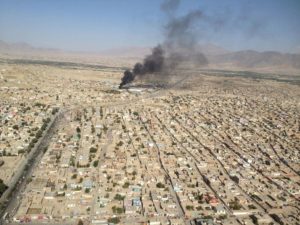
There is still an icy rage when I think about how we left Afghanistan. Our “exit strategy” led to the death of 13 service members, international embarrassment, a retaliation airstrike that only killed Afghan civilians, and the handing over of more than $80 billion dollars worth of weapons of war to the Taliban. Any Afghan veteran in their right mind should be upset about that. However, the issue becomes when we let the failures of our politicians and Afghans who refused to take ownership of their country define our well-being and mental health.
At current, we’re averaging 17.6 veteran suicides per day. It’s evident that we’re letting the Taliban win the war on the home front too. We may have made it through Afghanistan, buried friends, lost spouses, and become more adaptable along the way. Bullets and bombs didn’t kill us, but now we’re giving the Taliban the win they always wanted—another American soldier in a coffin.
We shouldn’t make the defining moments of our lives overshadowed by a war we were never set up to win. That doesn’t mean we can’t struggle through the emotions and pain of betrayal we feel. We should. However, the better question to ask is whether we can see the silver lining amid tragic circumstances? Will we let the pain take from us? Or let it change us? Can we find the glimmer of good that strengthens us as citizens and veterans? If not, we’ll continue down the path we’re already on. But if we seek to address the trauma, hardship, and pain, we might just discover that there’s always beauty in tragedy.
You just have to know where to look.
Share this story
Share This Story, Choose Your Platform!

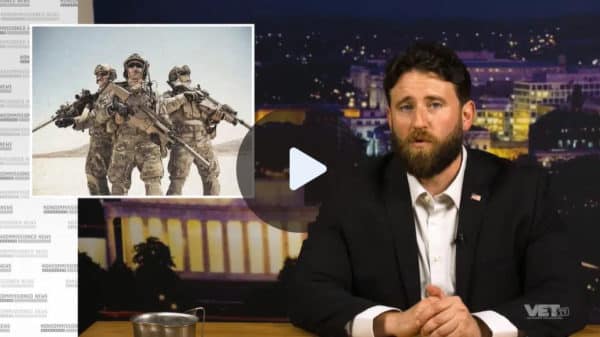

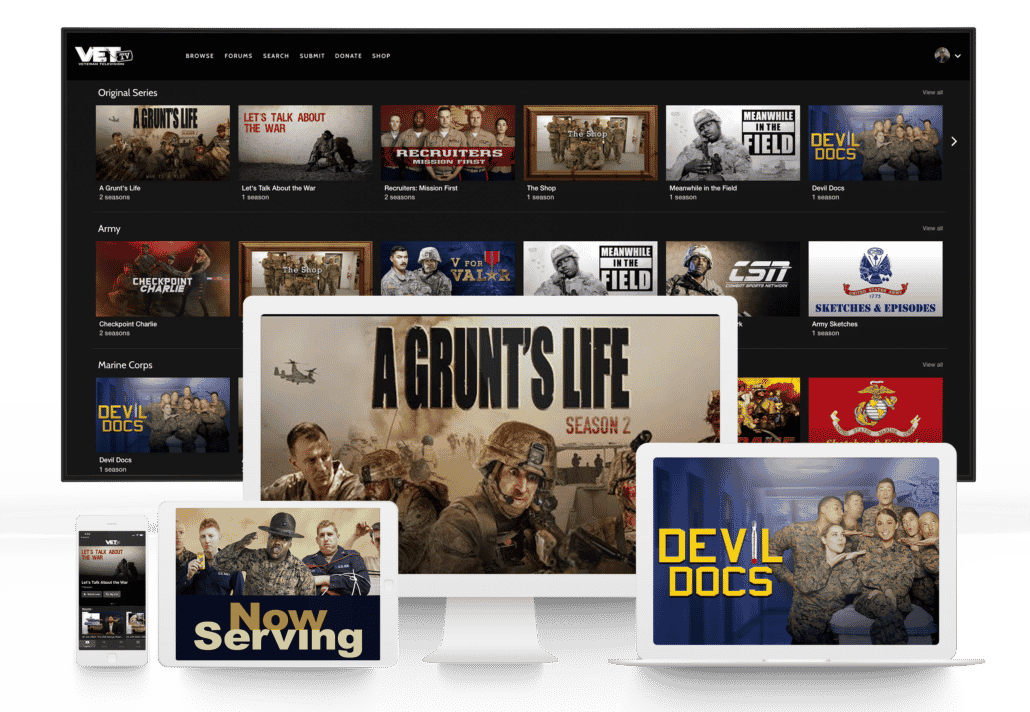

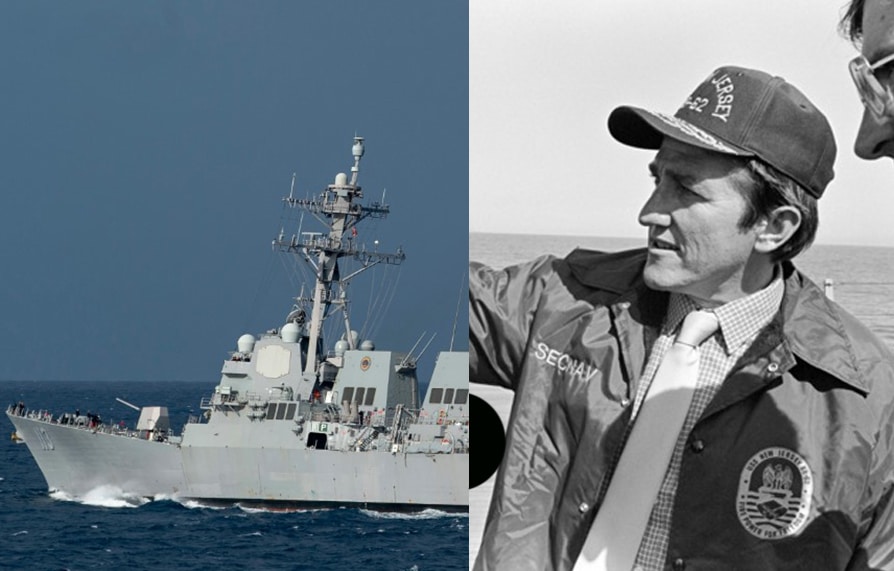

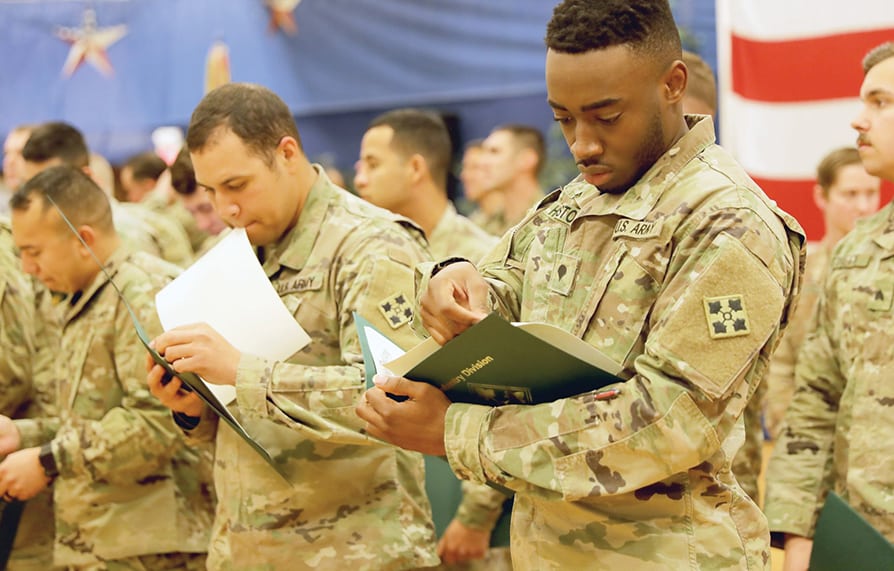
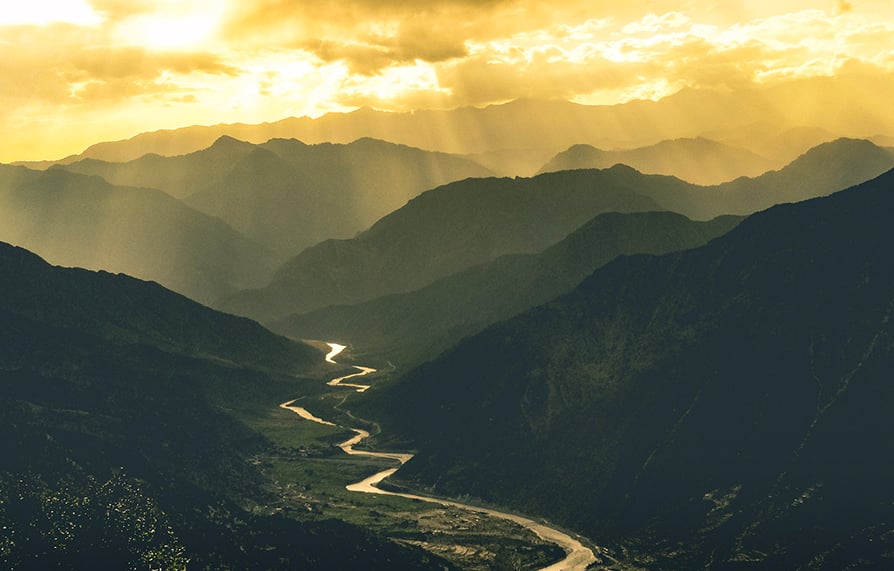
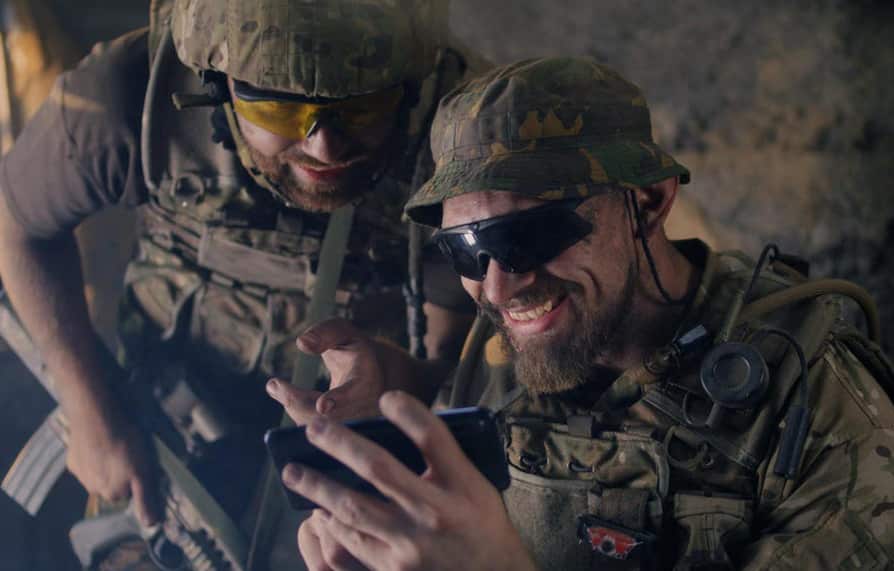
Leave A Comment